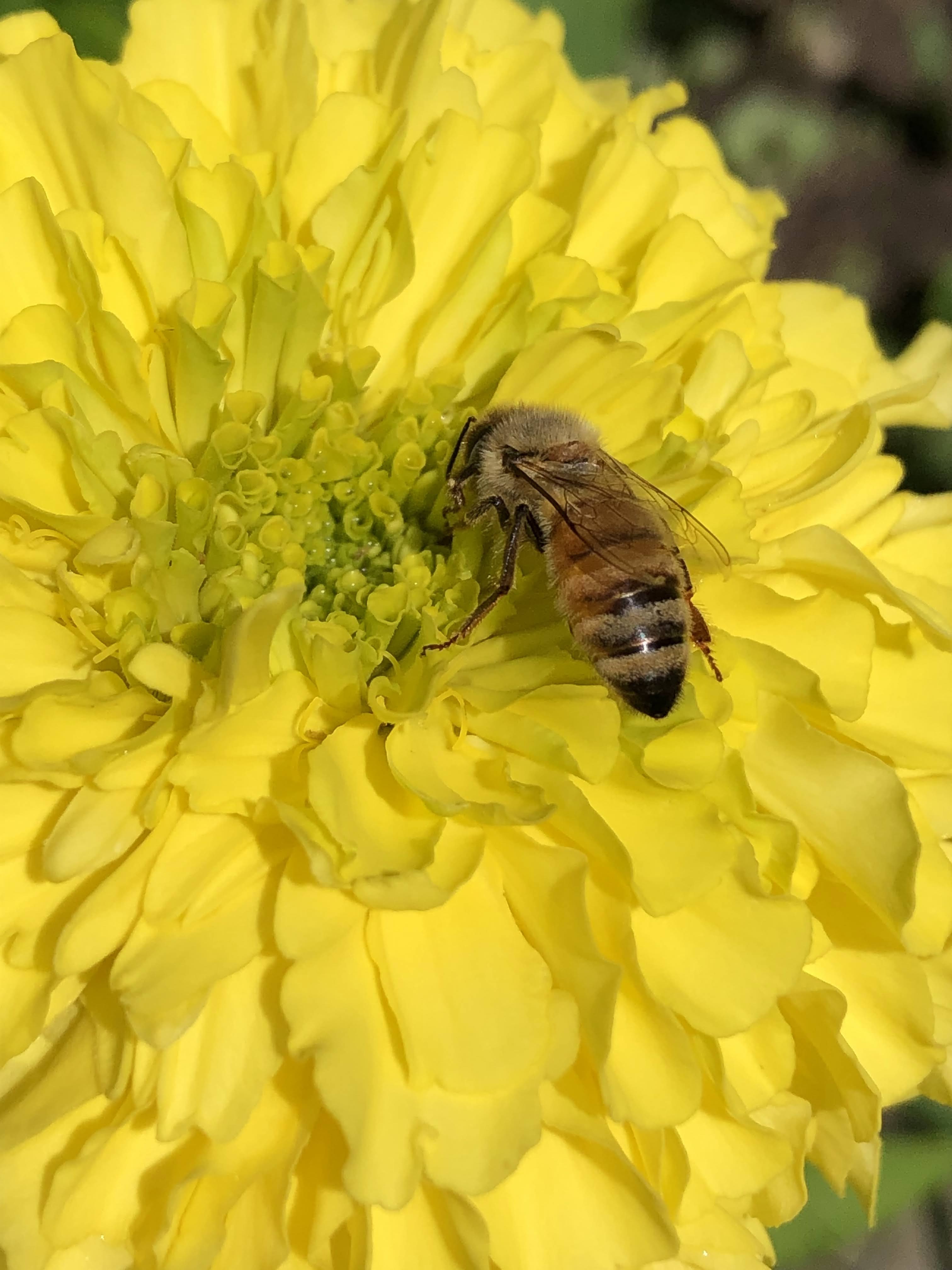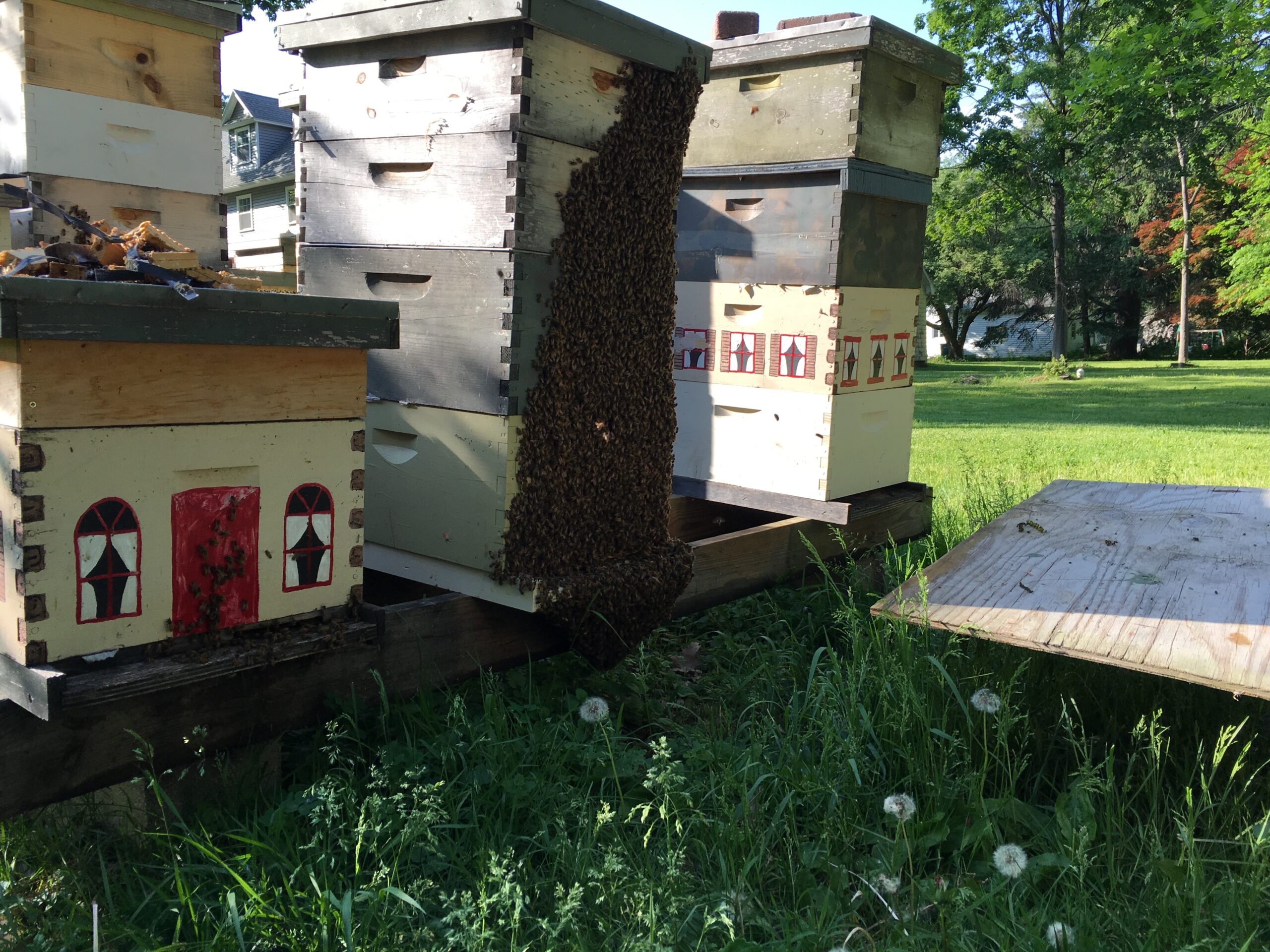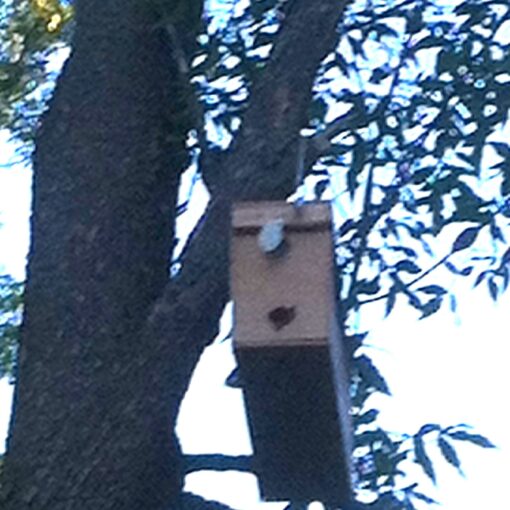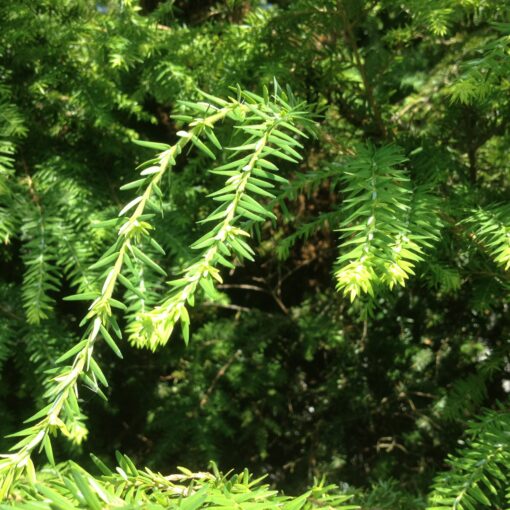Every third Saturday of August, a vibrant celebration takes place in honor of some of nature’s most diligent workers – honeybees. National Honeybee Day, observed annually, is a day dedicated to raising awareness about the significance of honeybees and the crucial role they play in our ecosystem. As these incredible pollinators face numerous challenges, it’s essential to highlight their importance and understand their impact on our lives.
The Importance of Honeybees
Honeybees, often referred to as nature’s tiny superheroes, are remarkable creatures that contribute immensely to our environment, agriculture, and economy. They are primarily known for their role as pollinators, which is vital for the reproduction of many flowering plants. Approximately one-third of the world’s food supply depends on pollination, and honeybees are responsible for pollinating a substantial portion of these crops.
From apples to almonds, cucumbers to cotton, honeybees’ pollination services are directly linked to the successful production of various fruits, vegetables, and nuts. Beyond agricultural crops, they also support ecosystems by pollinating wildflowers that sustain other wildlife.
Honeybee Challenges
Despite their importance, honeybees face various challenges that threaten their populations. One of the most pressing issues is colony collapse disorder (CCD), a phenomenon in which entire bee colonies suddenly disappear. Habitat loss, pesticide exposure, climate change, and pathogens contribute to CCD and overall honeybee decline.
Modern agricultural practices, including the use of certain pesticides, can have adverse effects on honeybees and other pollinators. Monoculture farming, where large expanses of a single crop are planted, can limit the diversity of food sources available to honeybees, making them more vulnerable to diseases and environmental stressors.
Ways to Celebrate National Honeybee Day
Educational Workshops: Many organizations and institutions host workshops, webinars, and presentations about honeybees and their role in our ecosystem. These events can be enlightening for people of all ages.
Plant Bee-Friendly Gardens: You can create a bee-friendly environment in your own backyard by planting native flowers and plants that attract and nourish honeybees.
Support Local Beekeepers: Buying local honey not only supports beekeepers but also encourages sustainable beekeeping practices that benefit bee populations.
Reduce Pesticide Use: If you have a garden or plants, opt for natural alternatives to pesticides to help protect honeybees and other beneficial insects.
Spread Awareness: Use social media, blog posts, or community events to raise awareness about the importance of honeybees and the challenges they face.
Conclusion
National Honeybee Day serves as a reminder of the critical role honeybees play in our lives and ecosystems. These tiny insects have a monumental impact on global food production and ecological balance. By understanding the challenges they face and taking steps to support their well-being, we can contribute to the preservation of these remarkable pollinators. Whether it’s through educational initiatives, planting bee-friendly gardens, or advocating for sustainable practices, each of us can play a part in ensuring a thriving future for honeybees and the planet they help sustain.




